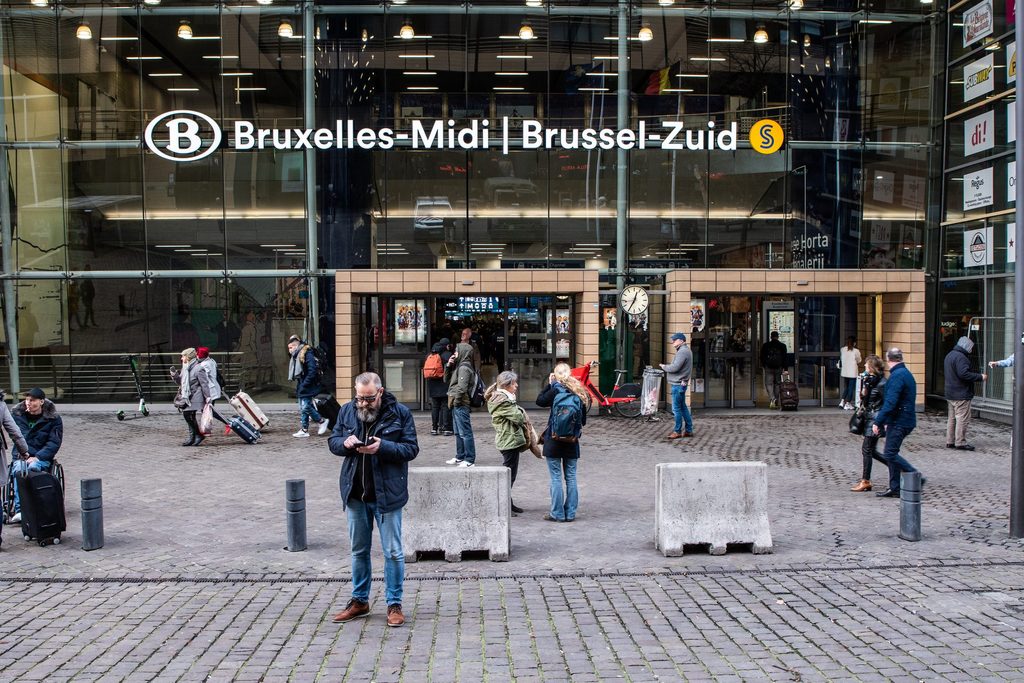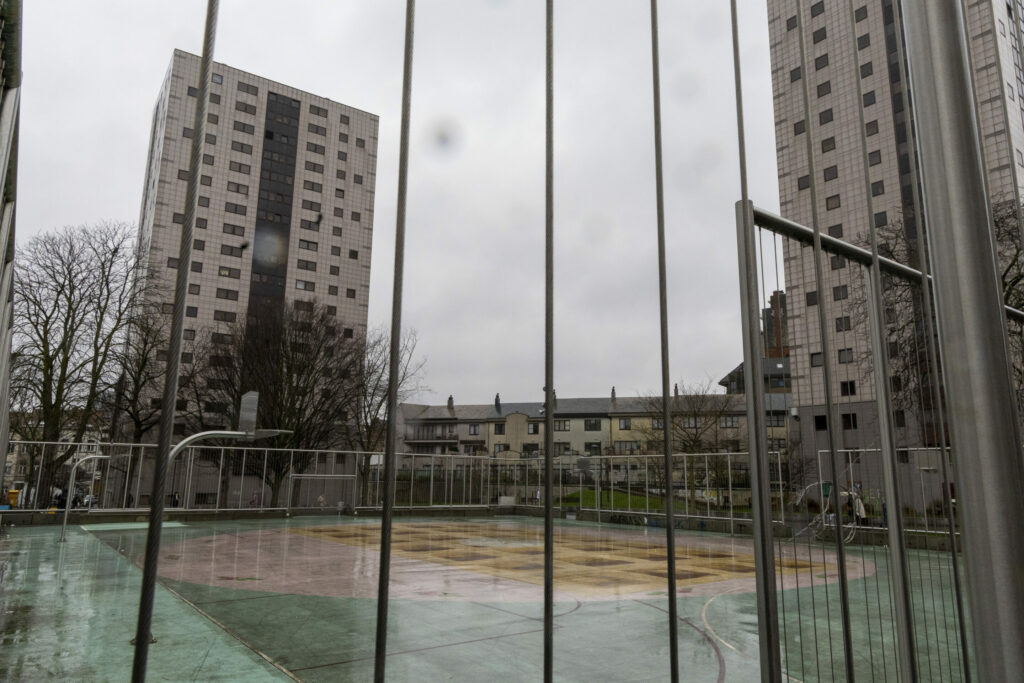As the Brussels-Capital Region is facing an increase in drug trafficking-related violence, Minister-President Rudi Vervoort is convening a meeting of the Regional Security Council next Tuesday (27 February).
Following a number of drug-related shootings in Brussels last week – where several people were injured and one person was killed – Vervoort stated that a "multifaceted" approach is needed to tackle the violence, which requires the commitment of the different policy levels.
"On 20 February, an inter-federal meeting will take place to evaluate the situation of Plan Midi, with all the bodies that played a part in that: the Region, the local police and SNCB, among others," Vervoort's spokesperson Zeynep Balci told The Brussels Times.
A week later, on 27 February, the Regional Security Council is being organised, with many of the same actors, Balci explained. "But it will also include all 19 mayors, the chiefs of the six police zones, and Sophie Lavaux, who is the 'senior official' who has a role similar to that of a governor."

Credit: Belga
Vervoort called on all authorities involved "to work together to restore security and protect all Brussels residents, wherever they live."
Lavaux, who is also the General Director of safe.brussels has been tasked with convening all the bodies concerned so they can formulate "a strong and coordinated response to the unacceptable attacks and threats with which criminal organisations plague our population."
At the Regional Security Council, they will present an overall strategy to tackle drug trafficking and its impact on security in the Brussels Region. Consultations with the Federal Government, in particular with the Justice and Interior Ministries, and with the National Drugs Commissioner, will also take place.
To shape this coordinating approach, it will draw on the lessons learned from the Midi plan – which was put in place to "clean up" the Brussels Midi station last summer.
Moving the problem
The Midi Plan involves many partners: the zonal, judicial and railway police, the Public Prosecutor's Office, the Immigration Office, the SNCB, the services of the municipalities, the Region and non-profit organisations in the welfare and health sector that deal with addiction and homelessness. "It shows that when everyone joins forces, it is possible to restore order within a certain perimeter."
"The greatly expanded police presence [around Brussels-Midi station] allows public services and associations to continue their work in complete safety," Vervoort's office said.
However, as the plan was implemented within a defined area, the problems have simply moved location – as was predicted by critics who feared the plan would address the symptoms but not the cause of the problem. Drug trafficking (both sale and use) has moved to the Porte de Hal area and other locations, which were previously also affected by these phenomena, but not to this extent.
Additionally, public property management companies have recently reported that criminal drug gangs are trying to occupy the territory of social housing estates, such as in the Peterbos neighbourhood in Anderlecht. There, as well as in the Porte de Hal neighbourhood, meetings have already taken place to discuss the situation.

Brussels-Midi station. Credit: Belga / Loan Silvestre
With increasingly serious offences being committed and the scope of action expanding, the challenge is now to define a universal approach for the entire Brussels-Capital Region, covering the already-known "hot spots."
This is not just around Porte de Hal, but also includes the Marolles, the area around Porte de Ninove, Yser and Ribaucourt, the North and Midi train stations, and the neighbourhoods like Peterbos. "Without a universal approach, we run the risk that the crimes only shift within the Region."
A global approach includes management tasks, an alignment of powers and involves the functioning of the entire criminal justice chain. Additionally, it focuses on the need to strengthen the police zones concerned as well as the services of the Federal Judicial Police (FGP) and the Railway Police (SPC) in Brussels and the Public Prosecutor's Office.
The aim is to also include the services working on prevention, welfare and health, and to dedicate a section to infrastructure (Metro stations, design of public spaces).

